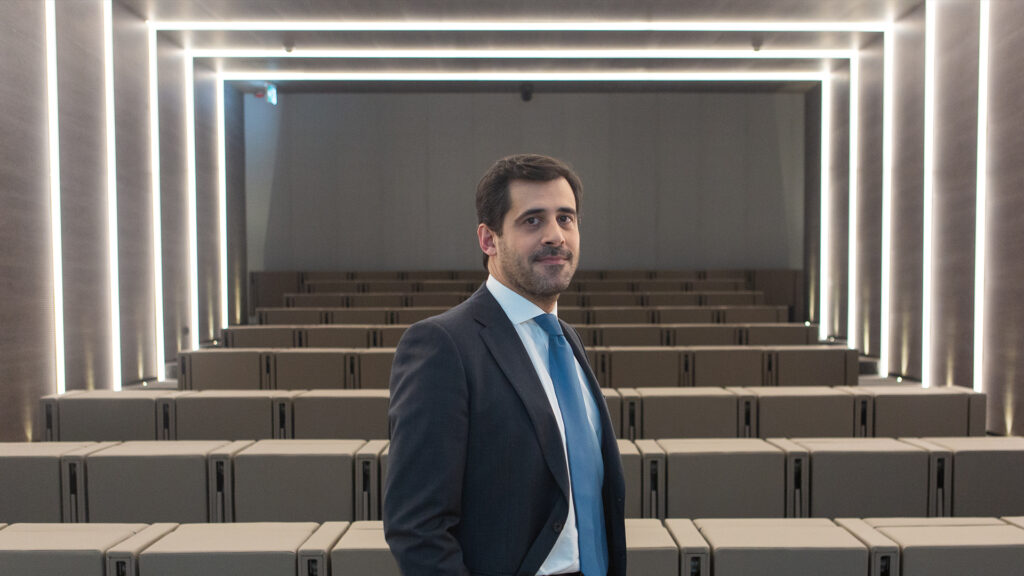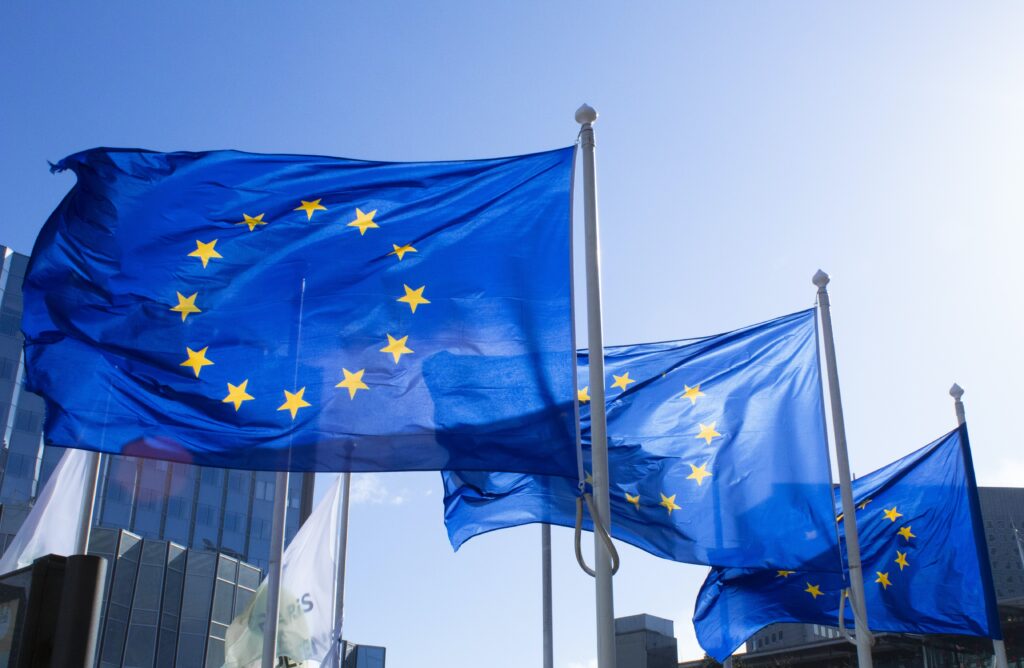Smart cities – the near future
Ministerial Order no. 1369-A/2022, published on Tuesday 1 February, created a working group to present a proposal for a National Strategy for Smart Cities.
But what exactly is a smart city? According to the recent Ministerial Order, Smart Cities serve the purpose of “fundamental intervention instrument to, based on digital technologies, provide more people-centered, inclusive, sustainable and interoperable local public services throughout the territory, contributing to the digital transition of local administration”.
And what can actually be expected from a smart city? In a smart city, public transport can be expected to run smoothly, without the need for clusters. It will be expected that citizens’ personal data will be stored securely and transparently, allowing interoperability between, at least, the various public sector services. In essence, a smart city can be expected to optimize resources – do more with less, through the interoperability of systems and data processing in real time, thus contributing to a considerable improvement in the citizen’s life quality, and to greater productivity in the business world.
Some of the sectors where smart cities can have an impact are thus mobility, health, security, the energy sector and waste management.
It should be noted that this political advance brings as many benefits as challenges, being one of the main concerns in this context, the security of personal data or even the metadata of the respective data subjects. Considering that the fuel that powers smart services is data, one of the main concerns in this context will be to keep all this data safe, as a security breach could lead to, for instance, the geographic location history of a certain group of data subjects being exposed.
On this task, once again, the answer may lie in technology. Namely, in the maintenance of data in impenetrable decentralized systems such as distributed ledger technologies.
The working group set up last week specifically undertakes to submit to the Government a proposed National Smart Cities Strategy, a proposed action plan and governance model for implementing the strategy, as well as a proposed reference technological architecture document for intelligent territories and technical specifications, including an interoperability framework for initiatives developed in Portugal.
To this end, it must respect a set of guiding principles, including the promotion of the adoption of a common governance model, and the promotion of competitiveness, innovation and internationalization of companies in the sector.
As stated in the Ministerial Order, the creation of the working group under analysis aims to prepare a strategy proposal, respective implementation plan, including the work of collecting contributions regarding existing initiatives and solutions of smart cities, the identification of existing good practices in this matter at European and global level, and finally, the identification of the essential principles for the development and export of smart and integrated urban solutions.
Therefore, we can conclude that we are on an ethical and technological path towards a future where we do more with less. It only remains to be seen how the project under analysis will materialize.










































